The Public Legal Education Association of Canada (PLEAC) will hold their annual conference on February 18 and 19, 2026, with an additional event on February 20, 2026, for producers of public legal education and information. This year’s conference will be held in Ottawa.
PLEAC is currently accepting proposals on topics that underscore the use and importance of tools and strategies for public legal education, emerging research on public legal education, or collaborative approaches in public legal education and access to justice. Potential themes include:
- Using evolving technologies effectively, including interactive tools and generative AI
- Using data in a practical way to inform and improve public legal education work
- Experiences with and strategies for connecting with rural and remote, and Indigenous communities
- Supporting the critical justice-related work being done on the front lines by non-lawyer community workers across Canada
While completed proposals are preferred, the organizing committee will review proposals where session/presentation details are not yet finalized. Proposals will be accepted until Friday, October 10, 2025 via this form.
Registration for the conference will open soon and will be offered on a first-come, first-served basis, and space is limited.
For more information about the PLEAC National Conference, please visit the PLEAC website here: https://www.pleac-aceij.ca/our-work/annual-conference/.










